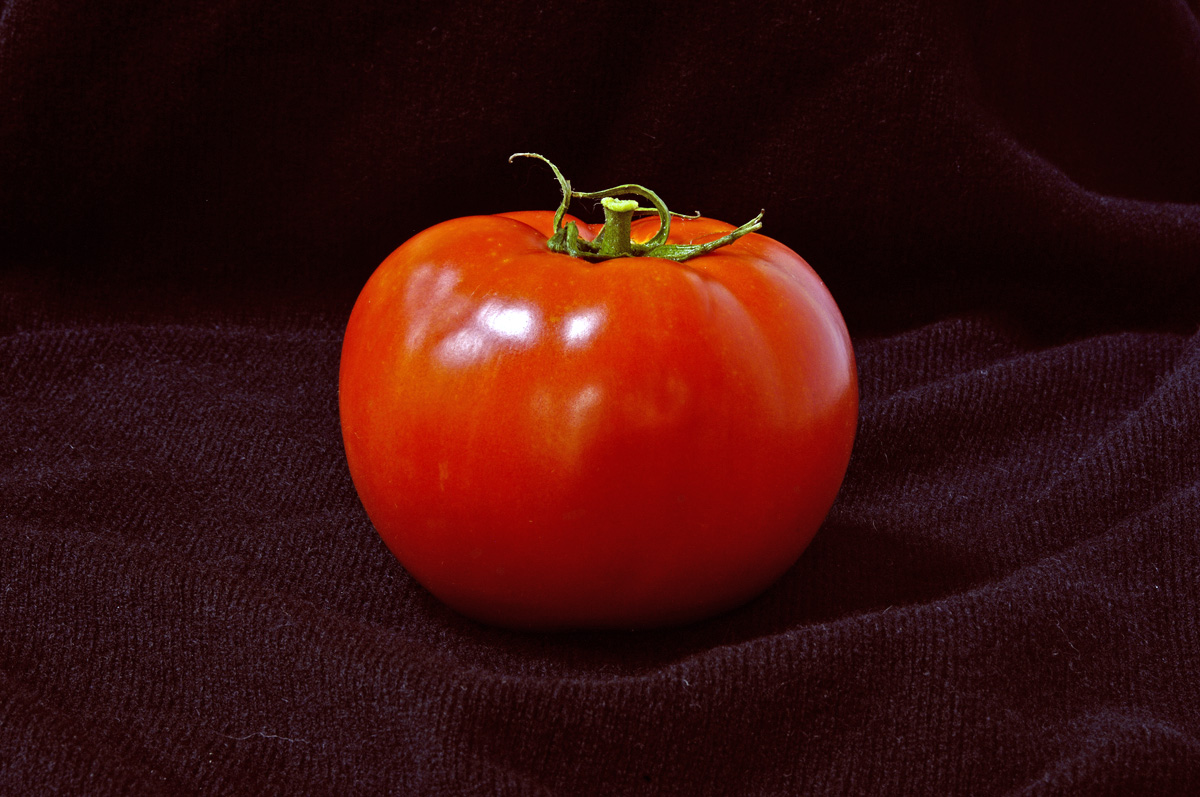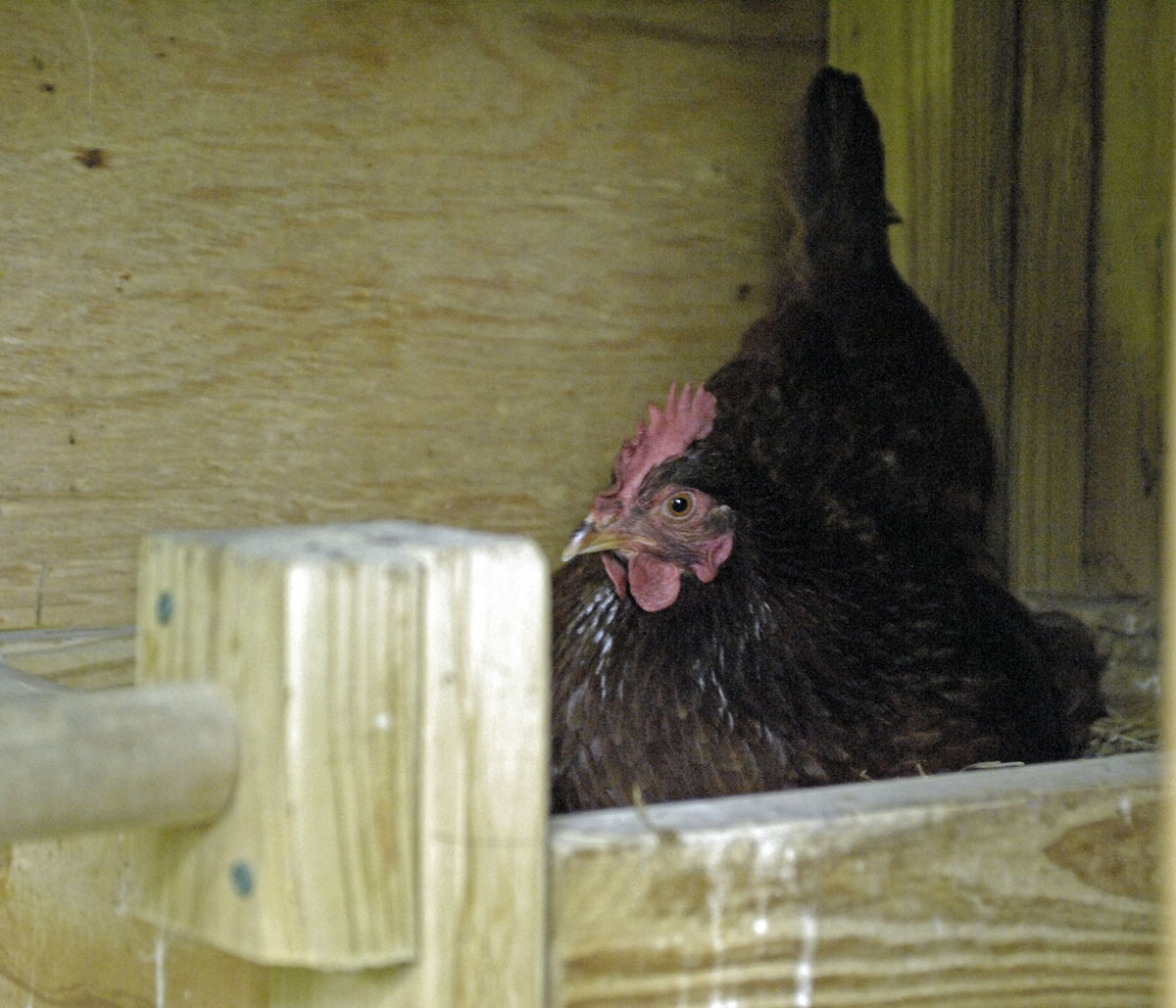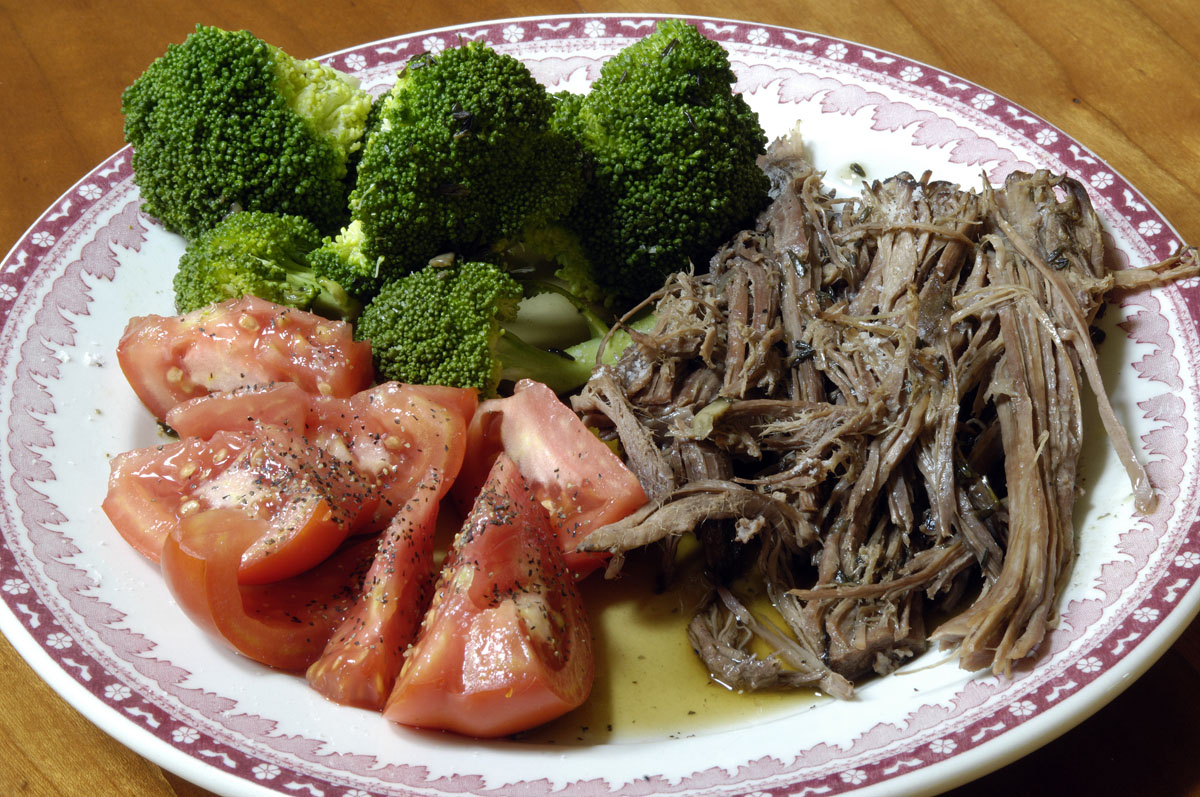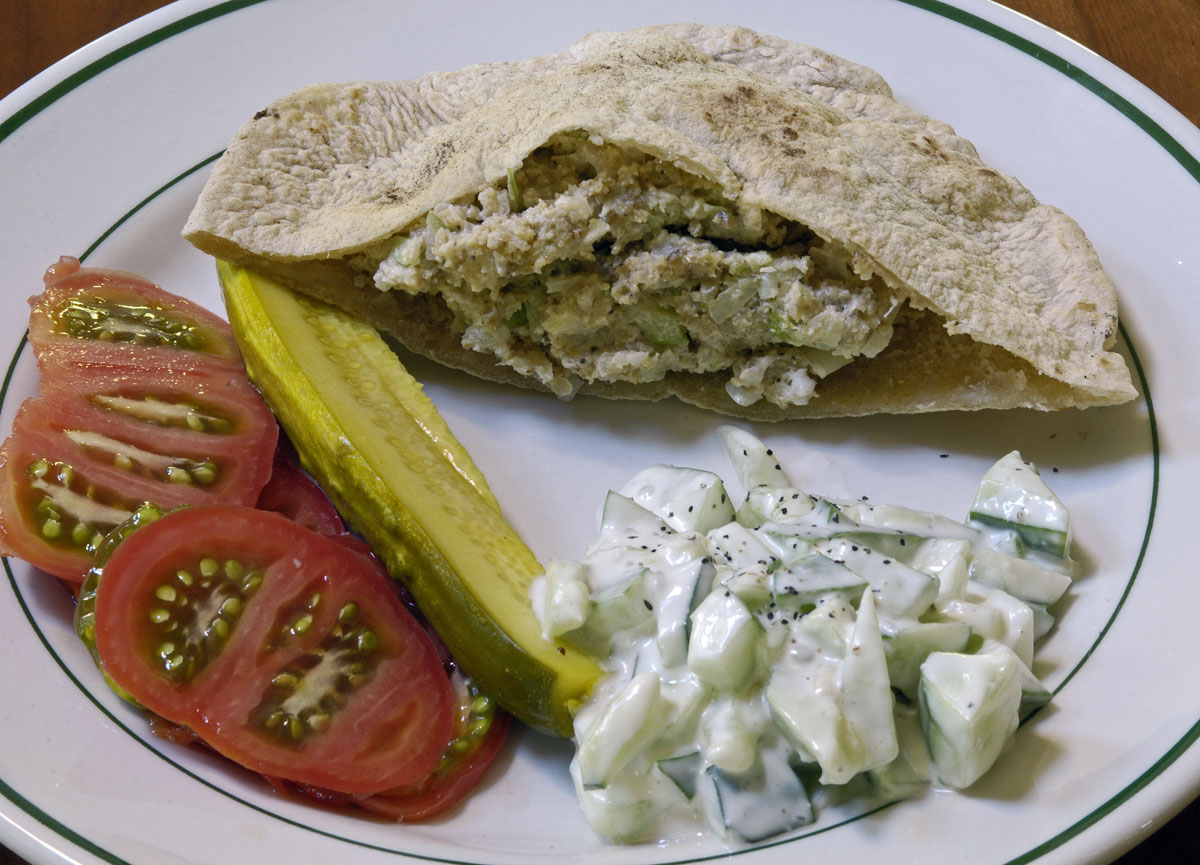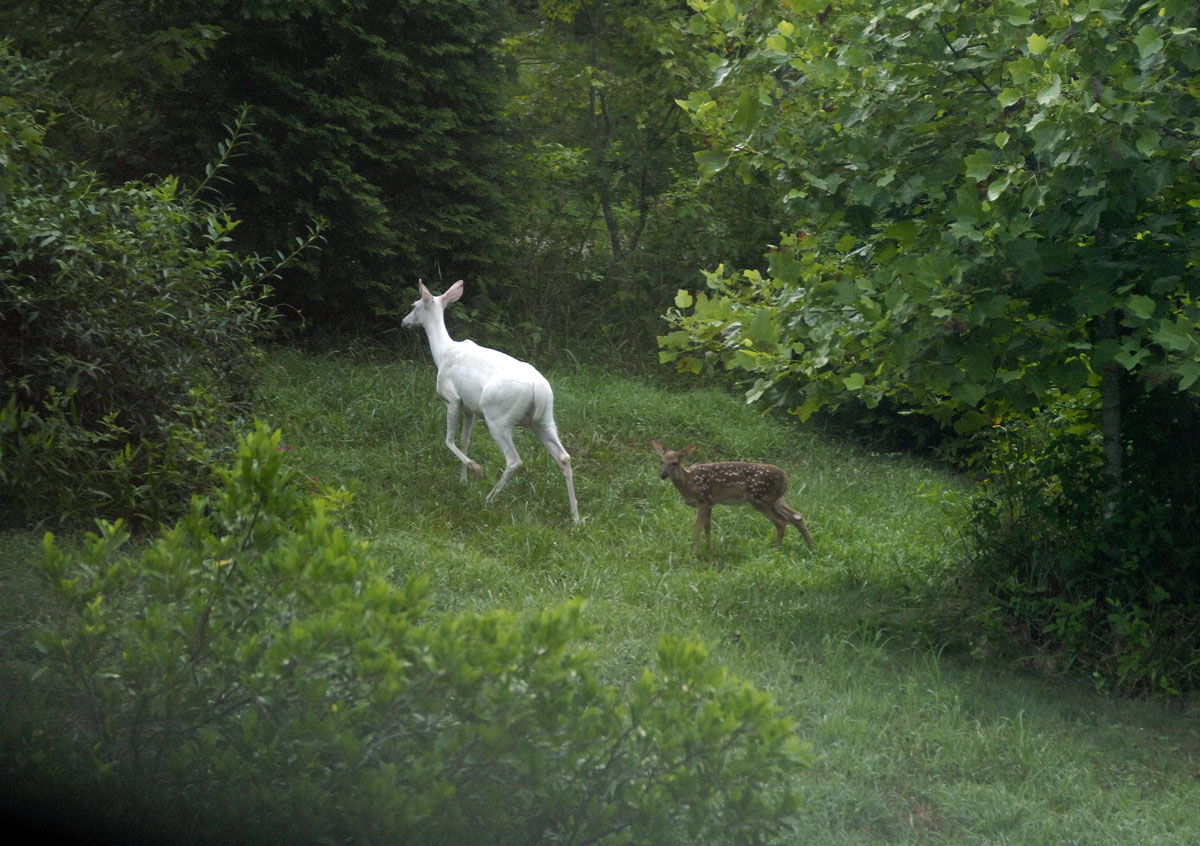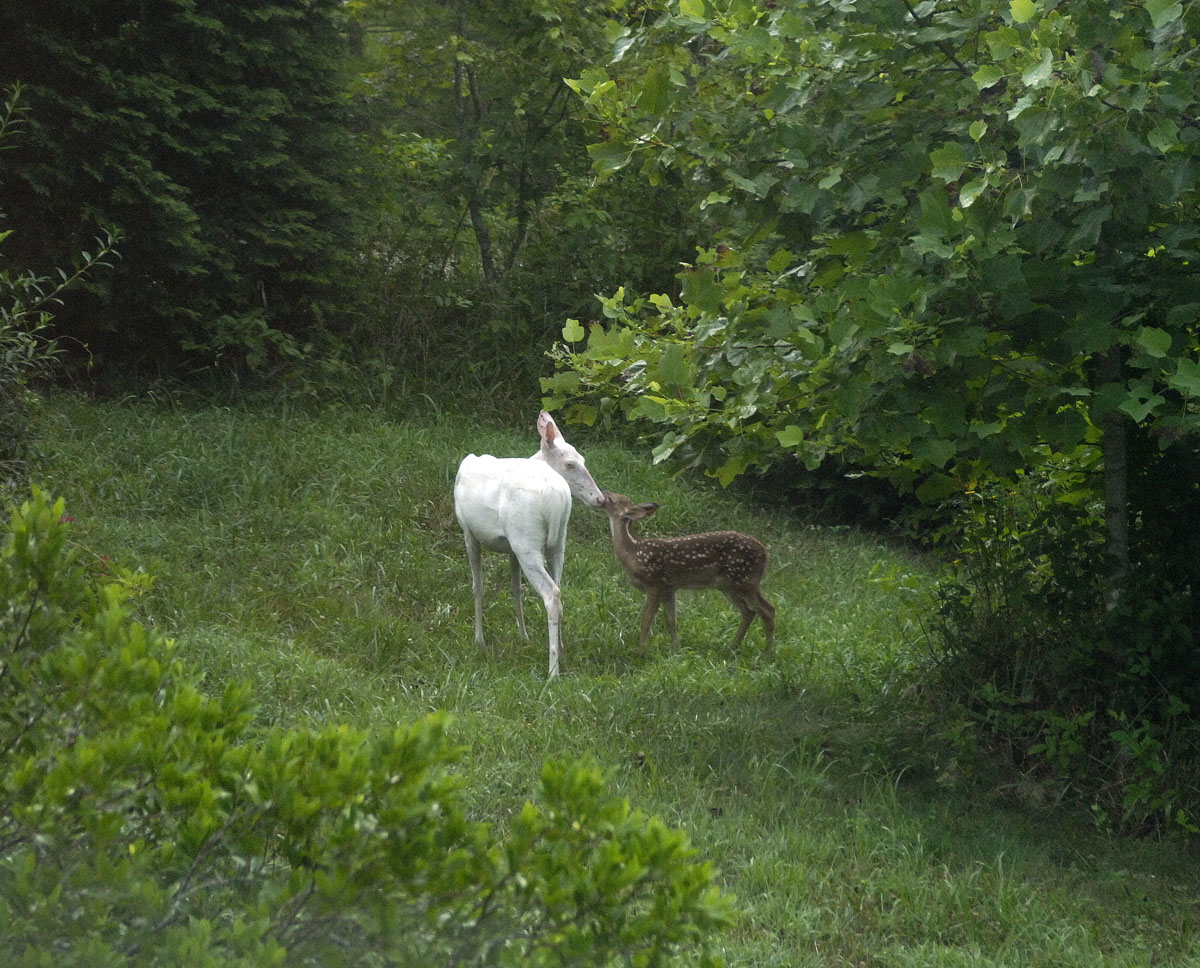
The Evolution of Morality, by Richard Joyce. MIT Press, 2006. 272 pages.
Our best universities have philosophy departments, but what the heck are philosophers — particularly moral philosophers — up to these days? Is it mischief? Certainly some think so.
Occasionally, a philosopher from some university or other writes an op-ed in the New York Times on some narrow subject. But, as far as I can tell, academic philosophers seem to have very little to say to the public, though they write quite a lot for each other. It wasn’t always like that. During the Enlightenment, according to a book I recently reviewed here, How the Scots Invented the Modern World, the oyster bars of Edinburgh were packed with people eating oysters, drinking ale, and talking philosophy (and politics and science). Even we dull Americans have quite a lot of dialogue with, say, our scientists and historians. As evidence, just check out the number of documentaries on science and history available on Netflix or Amazon Prime. But with philosophers, not so much. Why might that be?
I can think of a possible reason, though I can’t testify to the truth it. It’s that philosophers know that we might not like what we hear.
Recently, I asked a friend in academia if he could point me toward a good starting source for a survey of contemporary moral philosophy (and to heck with historical moral philosophy). He sent me this link from the Stanford Encyclopedia of Philosophy with the comment, “Well, the big breakthrough of the last 20 years, it seems to me, is the marriage of evolutionary biology and morality/ethics.” (Thanks, DCS.)
This work was popularized back in 1995 with a book by Robert Wright, The Moral Animal: Why We Are the Way We Are: The New Science of Evolutionary Psychology, which I read at the time. Wright is more a journalist than an academic, but his 1995 book was on the mark and, though I have not reread it, it probably holds up well today.
The history of moral philosophy interests me very little. Immanuel Kant is near impossible to read, but, based on secondary sources, I dismiss him as just another Christian who thought he was being rational and scientific. Philosophers such as David Hume made progress, but David Hume died before Charles Darwin was born. It was Darwin who started the work of upending everything.
More than a hundred years after Darwin, moral philosophers are still working out the consequences of evolutionary psychology. But Joyce tells us that even some of Darwin’s contemporaries understood the disruptiveness of what Darwin had done. Joyce quotes Frances Power Cobbe (1822-1904). She was an Irish social reformer, and she was clearly kind and brilliant:
A Darwinian explanation of conscience, she wrote, “aims a … deadly blow at ethics, by affirming that, not only has our moral sense come to us from a source commanding no special respect, but that it answers to no external or durable, not to say universal or eternal, reality, and is merely tentative and provisional, the provincial prejudice, as we may describe it, of this little world and its temporary inhabitants, which would be looked upon with a smile of derision by better-informed people now residing on Mars.”
But it wasn’t just Darwin who shook things up and smashed the furniture. E.O. Wilson, who is often called the father of sociobiology, finished the job that Darwin had started. Wilson studies social insects, the class hymenoptera — bees, ants and wasps. From Wilson and those who followed him, we have learned a great deal about social species and the genetics of social behaviors. Human beings are highly social animals, so much of the work that applies to hymenoptera also applies to human beings.
Frances Power Cobbe, who died in 1904, pretty much anticipated what Richard Joyce has to say a hundred years later in 2006. That is that our moral sensibilities and capabilities are products of our evolution; that nature accomplished this by working with our emotions; and that the point of it all was to enable our evolution as a social species primed to cooperate with other human beings.
“Social Darwinists” get it wrong about “the survival of the fittest.” Evolution is not that simple and brutish. Altruism and cooperation (and cheating) exist in nature, and altruism and cooperation (and cheating) serve important purposes in social species. Cooperation and keeping the peace (and punishing cheaters) are — and have been for ages — critical to human thriving. Happiness matters — a lot. Nature, it seems, encourages altruism and cooperation (and the punishing of cheaters) through the genetics of kin selection and group selection. Evolutionary biologists have worked out the mechanism of kin selection and group selection, and those mechanisms are no longer controversial. Where behavior is concerned, these mechanisms are especially important to social species. The work on kin selection and group selection was just getting under way in the 1960s. The implications were enormous, so moral philosophers went to work on it. These developments in moral philosophy are relatively new, which is why anyone with an interest in moral philosophy has some catching up to do. Today, reading Hume or Kant or John Stuart Mill is largely just reading history.
Where does this leave us? As Frances Power Cobbe suspected, does it mean that our human sense of morality is completely arbitrary? Would it mean that a species that evolved in a different way on another world might have a completely different moral framework that is very different from ours, but just as valid?
Who knows! The work is ongoing. But it gives us a great deal to think about. I have neighbors who write letters to the editor saying that, without biblical morality, human beings would revert to being savages and cannibals. That, of course, is bunk. There is plenty of work in even historical moral philosophy that (in my view) far surpasses anything ever achieved by theology. That’s also a reason why the work of John Rawls (A Theory of Justice) intrigues me. It’s entirely possible to do abstract moral reasoning with an entirely decent level of confidence.
Joyce also has got me thinking about whether I need to modify my claim (see my posts What’s wrong with conservatives and The paradoxes of purity) that the moral “foundations” of conservatives are inferior to those of liberals. I don’t think I would have to modify my claim much, though. I might end up claiming that the moral foundations of conservatives are inferior because they serve only a privileged in-group and the status quo, while the moral foundations of liberals are applicable equally to all human beings (indeed, to all living things) and lead to moral progress.
There is a point or two about which Joyce is adamant and about which I would quibble. He seems to me to be too keen on drawing sharp lines between humans and animals. He believes, for example, that a moral sensibility requires language, and that thus animals cannot be said to have moral sensibilities. I am not convinced. We know, for example, than animals have a sense of fairness. If food or other rewards are not allocated equally, animals know, and they protest. I strongly suspect that cats not only are skilled at intentionally evoking human pity, but that they feel pity (a moral emotion) for themselves (as when they are abandoned).
For those who crave, as I believe Frances Power Cobbe craved, a morality with claims to principles that are universal or eternal, must they abandon all hope? I’m aware of one possibility. I’ve written a number of times about Roger Penrose, the Oxford mathematician and philosopher of science whose work intrigues me. Penrose is a Platonist, and he has proposed a theory of consciousness in which our minds are not just computers. Rather, Penrose proposes that consciousness arises from quantum effects within the brain and that the quantum capabilities of consciousness give our minds access to a Platonic world which contains elements that we might say are universal and eternal — the truths of mathematics, for example. In Shadows of the Mind (1994, pages 416-417) Penrose writes that, though abstract concepts such as ethics, morality, and aesthetics are not a part of his argument, that there is no reason to dismiss such moral axioms as not being as real (in a Platonic world) as mathematics.
Now let’s use our imaginations!
As a reader and writer of science fiction, I find it impossible not to apply ideas and their consequences to imaginary worlds. I was delighted to come across the Frances Power Cobbe quote about Mars in this book, because I already had perceived the extraterrestrial consequences of a morality that is human-specific and not universal. E.T. morality may be nothing at all like ours, for better or for worse. In a galaxy with thousands or millions of different, and possibly conflicting, systems of morality, how would it be possible (for example) to write galactic law? Would the differences and antagonisms be so great that we might as well abandon the idea of such a thing as a galactic government?
I came across another fascinating concept with galactic implications in a book on the commons that I was reading. The quotation comes from E.F. Schumacher’s Small Is Beautiful: Economics as if People Mattered (1973):
“The cultivation and expansion of needs is the antithesis of wisdom. It is also the antithesis of freedom and peace. Every increase of needs tends to increase one’s dependence on outside forces over which one cannot have control, and therefore increases existential fear. Only by a reduction of needs can one promote a genuine reduction in those tensions which are the ultimate causes of strife and war.”
This is a warning about what happens when communities, when they are deprived of their commons and lose the knowledge that allowed them to be self-sufficient, become dependent on money and distant trade to meet their needs. They find themselves in great danger if they lose access to money, or if trade is disrupted. They will find themselves exploited. Just ask Trump voters.
Science fiction (as in Star Wars, for example) almost always imagines a galaxy with advanced technology, high levels of trade with rich trading centers, and a capital planet that is one great city. Inevitably in such a galaxy, some will have great power, but many won’t. There will be war, dangerous politics, and rebellion. To maintain order, galactic police forces and a military would be necessary. In other words, the history of these imagined galaxies would look like the sorry history of earth.
I can imagine a galaxy in which interstellar travel is possible and in which advanced civilizations share knowledge and cooperate. But what if the E.T.’s are too wise (their morality may be entirely different from ours, after all) to have allowed things to go wrong in the way that things have gone wrong on earth? What if they foresaw that if a planet gave up its self-sufficiency and became dependent on money and trade, then even temporary disruptions might starve and destroy entire civilizations? Maybe they learned that not everything should be “monetized” and traded. Maybe they applied their moral philosophy to the almighty market and reached different conclusions than we earthlings. I can imagine how good galactic law might actually prohibit, rather than encourage and regulate, trading among planets. If, say, food cannot be traded throughout the galaxy without the risk of dangerous consequences, then is there anything that can be safely exchanged? If so, what? (In my novels, earth’s cats are traded and exchanged throughout the galaxy, and the cats, at least, seem to do no harm.)
I can imagine a future — and wiser — earth in which globalization is reversed. I can imagine the relocalization of needs that are essential to people’s livelihoods. I can imagine a far smaller population, with much greater quality of life. I can imagine, as E.O. Wilson has proposed, half the earth set aside as a natural reserve.
We have looped back, haven’t we? It was E.O. Wilson who is heavily responsible for the furniture-smashing discoveries that are leading to sweeping changes in moral philosophy and therefore to sweeping changes in how we see ourselves in relation to each other, to the planet, and to other species. Wilson probably was among the first to see the desperateness of our predicament, moral and otherwise. Maybe we have no choice but to smash some old furniture, and to go home and rethink our lives, if we are to save the earth. Regular readers here know that I put religion at the top of the smash list. In any case, in proposing solutions, E.O. Wilson is way ahead of us. His Half Earth idea is breathtaking in its boldness and beauty. I’d almost think that he is in touch with aliens who are far, far wiser than we are.
Count me among those who dare to hope that a rethinking of everything that is important will lead us not to nihilism or cannibalism but to new ideas good enough to save the planet, and maybe even to ideas good enough for us to hang out in oyster bars with E.T.’s.

